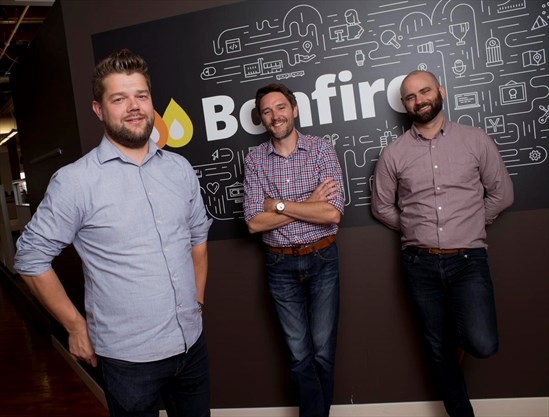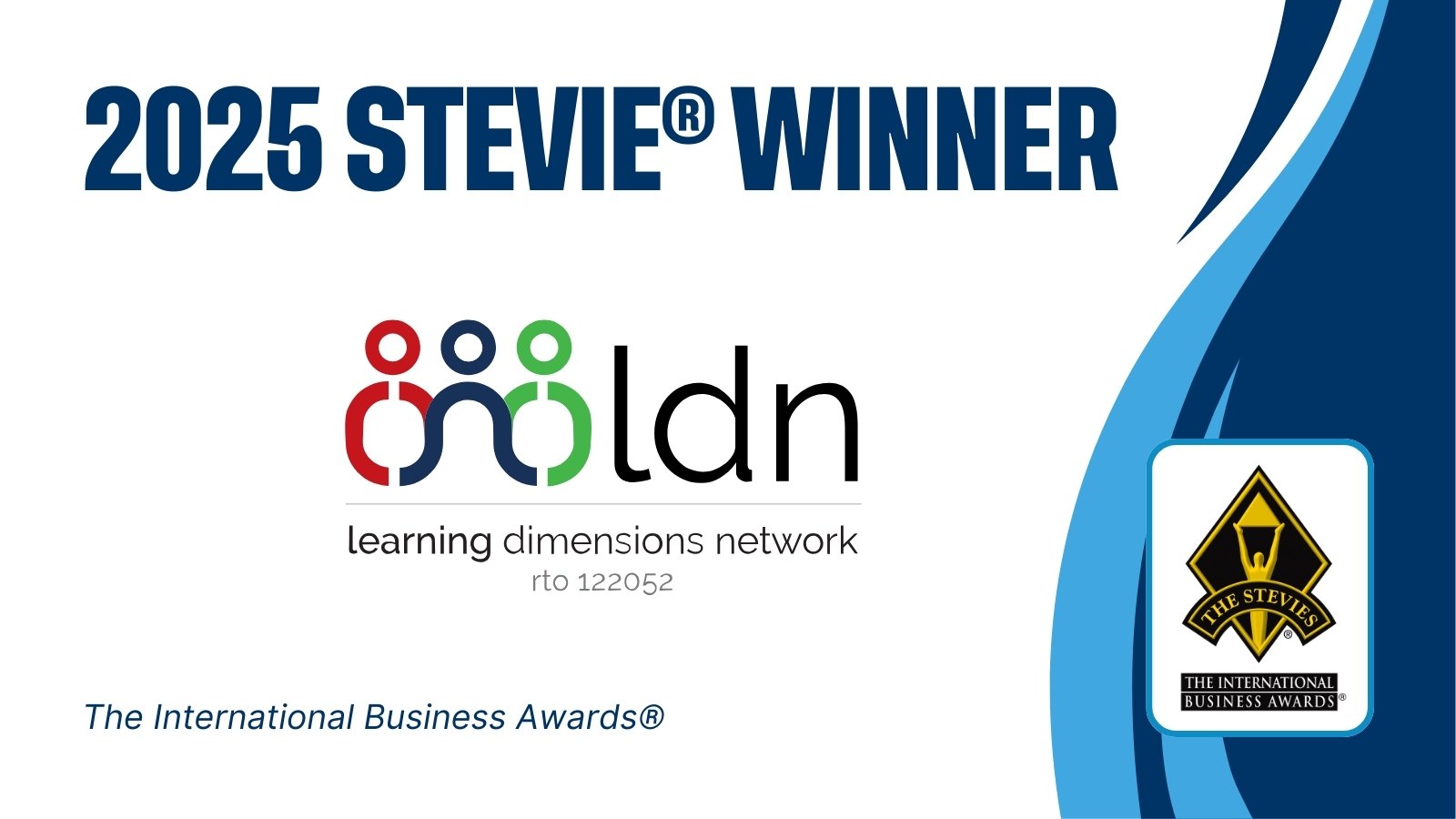MTC, the transit planning entity for the area around San Francisco, California, United States, is responsible for ensuring residents of the bustling California community get to work and back home again efficiently. Until recently, though, “efficient” wasn’t exactly the way to describe the agency’s process for managing vendors.
All submissions were still done on paper, making it hard for the MTC staff to score and to aggregate proposals in a timely manner. As a result, it took around two to three months to complete a typical request for proposal (RFP).
That all changed when the commission turned to the Canadian software firm Bonfire Interactive, which was founded in 2012 and specializes in streamlining the procurement process for public sector clients. By converting its antiquated process to Bonfire, MTC was able to reduce the RFP time to around thirty days while improving its reporting capabilities.

MTC certainly isn’t the only public entity hampered by wasteful and inefficient internal processes, but the roughly ninety-employee team at Bonfire is trying to turn that around.
To hear the management team at Bonfire talk about it, the company’s mission isn’t merely about gaining market share but doing good for society in the process.
“The people behind Bonfire aren't just building purchasing software solutions; they're enabling organizations to turn the purchasing function into a powerful lever that can improve the world,” says Meghan Hennessey, the company’s marketing communications manager.
Ultimately, she believes, when public entities get more out of every dollar they spend, the public is better served.
“Increased fiscal efficiency means patients in hospitals can benefit from better equipment and receive better care. Municipal citizens can experience safer means of transportation, and schools can have proper resources for a more enriched learning landscape,” says Hennessey.
There Must Be a Better Way
Born out of an incubator in Silicon Valley, a region in San Francisco, California, United States, Bonfire, which is based in southwest Ontario, Canada, has developed an impressive client list that includes the Chicago Board of Education, the University of Massachusetts, and the city of Dallas, Texas, United States. In the process, its revenue has grown an impressive 225 percent annually.
“Through various experiences in my career, I witnessed the time, energy, and frustration that went into thousands of RFPs,” says Corry Flatt, the cofounder and CEO of Bonfire. “Every time I thought, There must be a better way, it turns out there wasn’t. Eventually, in order to address that problem, Bonfire was born.”
By initially focusing on governments, the company bucked a trend within the tech industry, which often tailors products to private businesses. According to Hennessey, however, that’s why it made sense to move in the other direction.
“There’s an entire blue ocean of opportunity when you step away from the commercial sector,” she says.
Through it all, the Bonfire management team emphasizes client satisfaction, helping the company become a Silver Stevie-winner for Customer Service Department of the Year in the Computer Software category at this year’s Stevie Awards for Sales & Customer Service.
Today, the company’s software as a service (SaaS) solution handles more than $20 billion of procurement activities, and Bonfire expanded its portfolio to include private-sector users, such as the global accounting firm BDO.
In 2018, US-headquartered GTY Technology Holdings purchased Bonfire for $108 million. In an effort to provide a full cadre of services to public-sector organizations, including everything from budgeting and permitting to grants management and procurement, GTY Technology Holdings also acquired five other firms in the government technology field.
“Legally, what’s happening is an acquisition and a merger, but it’s more like they’ve assembled a team of stallions, and they’re letting them all run,” Flatt said in a statement after the deal. “For us, our employees, and our clients, it’s just a really good news story.”
The purchase will ultimately allow the firm to boost its marketing efforts to both public and commercial clients and to develop additional product capabilities, including predictive analytics. It also expects to substantially increase hiring at its offices, which are about a mile west of Toronto, Canada.
For Hennessey, the deal means the ability for organizations to make better use of their financial resources, which she reaffirms is most rewarding part.
“To paraphrase a famous quote, the smartest minds of our generation have spent the last decade figuring out how to get you to click on ads,” she says. “Today, though, that's not good enough. People want their creativity and energy poured into something that matters.”












